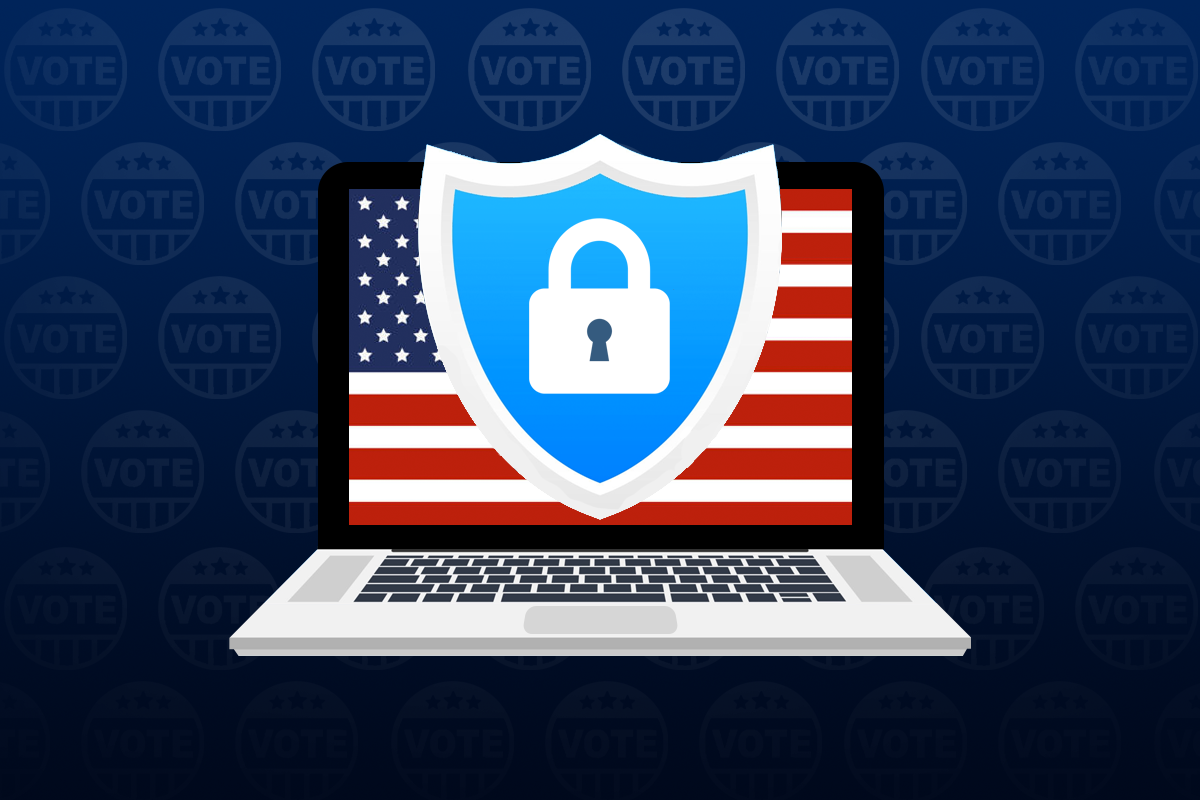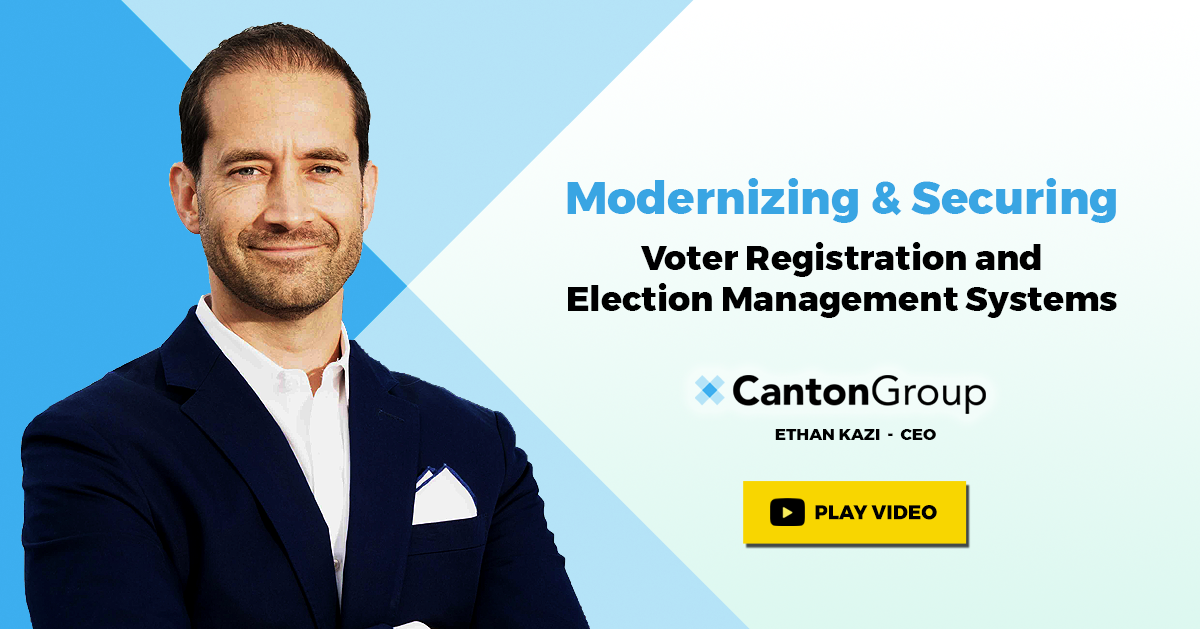
As a result of increased voter apprehension – regarding security and validity of election results – since the presidential election of 2016, it is critical Elections Offices across the United States instill confidence through the implementation of modernized, secure registration systems. Compounded with the impacts from the COVID-19 pandemic, it is paramount for states to utilize highly adaptable, usable, and secure systems that meet the changing landscape to rely less on in-person voting related activities.
With many Voter Registration Systems built on aging technology platforms (referred to as legacy applications), there is an increased need to upgrade and modernize these systems. With improvements to securing data, access to important voter information, and usability of the systems (e.g., updating voter registration information), voters can feel confident when they cast their ballots for local, state, and presidential elections.
Modernizing Legacy Applications
![]() Benefits of modernization of legacy applications primarily focus on scalability. By improving the scalability of a website, this allows for a higher volume of website traffic without issues as well as enables states to implement functional changes if electoral laws are updated. Modernization also improves any interfaces with other state agency systems, for example a state’s Department of Motor Vehicles. More modern applications additionally help improve the user experience and increase a website’s accessibility so that any user can easily interact with and access all relevant information located on that website.
Benefits of modernization of legacy applications primarily focus on scalability. By improving the scalability of a website, this allows for a higher volume of website traffic without issues as well as enables states to implement functional changes if electoral laws are updated. Modernization also improves any interfaces with other state agency systems, for example a state’s Department of Motor Vehicles. More modern applications additionally help improve the user experience and increase a website’s accessibility so that any user can easily interact with and access all relevant information located on that website.
![]() Modern systems that allow for access on a smartphone or tablet may help drive voter turnout among younger demographics. Additionally, systems that support multiple languages allow for an even larger population of users to access information as it relates to their voting and election needs. The County of Los Angeles, for example, the single largest election jurisdiction in the USA, has over seven million voters and nine mandatory languages.
Modern systems that allow for access on a smartphone or tablet may help drive voter turnout among younger demographics. Additionally, systems that support multiple languages allow for an even larger population of users to access information as it relates to their voting and election needs. The County of Los Angeles, for example, the single largest election jurisdiction in the USA, has over seven million voters and nine mandatory languages.



